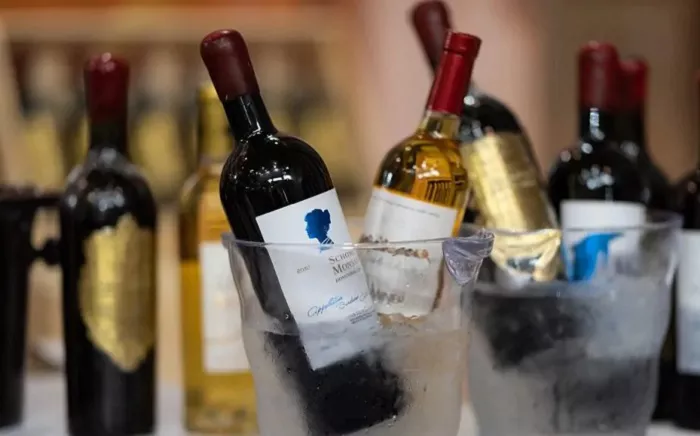Vinarchy, a newly formed global wine group with an estimated annual net sales of R18 billion, has expanded its international reach by acquiring South African wine brands Flagstone and Kumala. The move marks a significant addition to Vinarchy’s growing portfolio, which now includes wineries on four continents.
The name “Vinarchy,” a blend of “vin” (French for wine) and “archy” (Greek for leadership), reflects the company’s ambition to create a worldwide network centered around wine. The group emerged from the merger of Accolade Wines and the wine assets of Pernod Ricard in Australia, New Zealand, and Spain, creating a multinational conglomerate with 11 wineries and over 1,600 employees.
Vinarchy’s acquisition of South African wineries is part of a broader trend of international interest in the country’s wine estates. Dr. Mesias Alfeus, senior lecturer at Stellenbosch University and co-creator of the South African Fine Wine Index (SAFW10), noted that the growing recognition of South African wines in Europe and North America, combined with the value they offer, has made them attractive investments.
“There is increasing interest from international markets in South African wines, driven by their growing recognition and the inherent value in Cape Wineland estates,” Alfeus said. He also highlighted that foreign investment could bring infrastructure upgrades, access to global markets, and technical expertise, although it also raises concerns about the potential loss of local identity and economic benefits being directed outside the country.
Dr. Erna Blancquaert, a viticulture researcher at Stellenbosch University, shared similar views, emphasizing the benefits of large wine companies having access to global distribution channels, which may have been difficult for smaller producers to secure. She also pointed out the economic advantages of South Africa’s favorable climate and lower production costs, particularly in terms of labor, compared to other major wine-producing regions.
“Labour costs are significantly lower in South Africa, which accounts for a large portion of vineyard operating costs,” Blancquaert explained, highlighting the cost efficiency of South African wine production.
Vinarchy, however, aims to preserve the distinctiveness of the brands it acquires. Ben Clarke, the group’s executive chairman, stressed that South African wines like Flagstone and Kumala would retain their unique identities while benefiting from Vinarchy’s global distribution network. He pointed to Flagstone’s history as a former De Beers dynamite factory, now transformed into a site that combines industrial heritage with winemaking.
Despite the potential for international consolidation, experts warn that the balance between local authenticity and corporate expansion must be carefully managed. Alfeus emphasized that if multinational wine companies like Vinarchy can maintain the integrity of local terroir while supporting community development, they could help elevate the global profile of South African wines. However, if the focus shifts toward homogenization, it could undermine what makes South African wine unique.
Vinarchy’s portfolio spans a broad range, from premium fine wines like St Hugo to popular brands such as Jam Shed, catering to both high-end consumers and more budget-conscious buyers. Clarke expressed pride in the company’s ability to reach global markets, offering wines that appeal to a wide range of tastes and budgets.
The shift toward premiumization in South African wine is evident, with more producers focusing on small volumes of high-quality, terroir-driven wines. This trend aligns with the growing recognition of fine wine as an investable asset, further boosting South Africa’s standing in the global wine market.
You Might Be Interested In:


